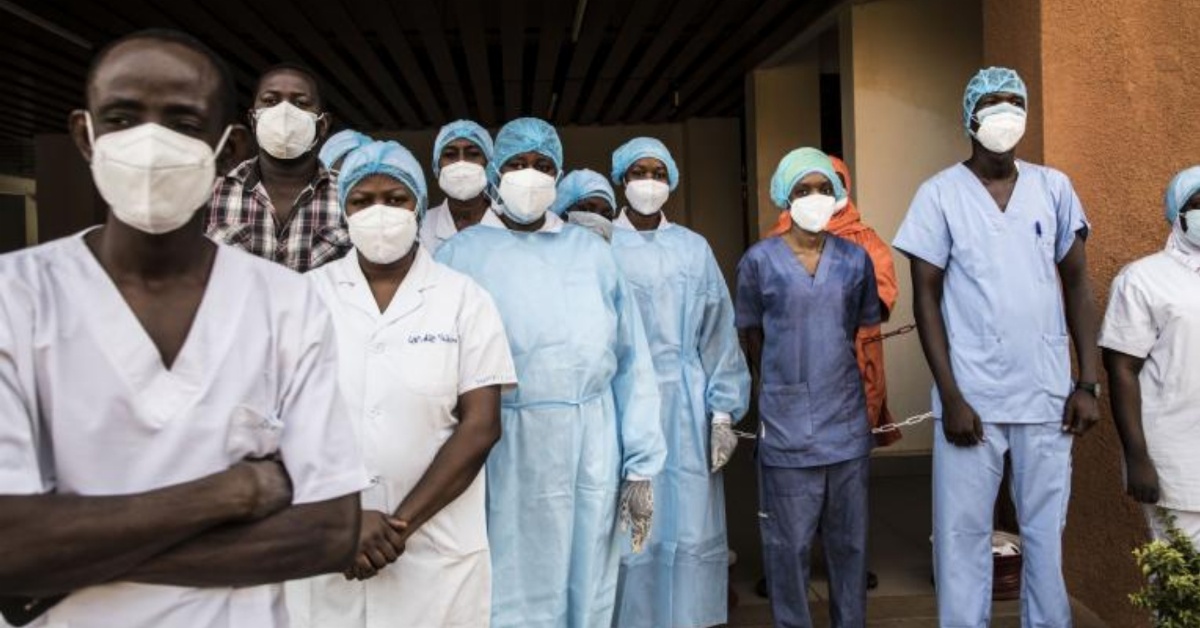Key health associations in Sierra Leone have voiced frustration over ongoing fuel allowance disparities, which they say marginalize healthcare professionals other than medical doctors.
At a press briefing on November 4, representatives from the Pharmaceutical Society of Sierra Leone (PSSL), the Sierra Leone Association of Community Health Officers (SLCHO), the Sierra Leone Association of Medical Laboratory Scientists (SLAMLS), the Sierra Leone Nurses Association (SLNA), and the Sierra Leone Midwives Association (SLMA) warned of potential strike action if their members’ welfare needs continue to be ignored.
The press briefing centered on a long-standing issue: the lack of fuel allowances for health professionals outside the medical doctor cadre.
This allowance, provided weekly to doctors as per government agreements, has been denied to other healthcare workers, despite their equal standing under the civil service code. Representatives argued that all Grade 9 healthcare workers, including nurses, midwives, pharmacists, and laboratory scientists, should receive similar benefits to support their essential services.
The issue first emerged in June 2022, when healthcare associations initially raised concerns with the Ministry of Health (MoH). In July 2022, the associations threatened to strike, leading the MoH to call a meeting at the Youyi Building.
However, allowances were ultimately granted only to medical doctors, excluding other health professionals from receiving the 45-liter weekly fuel allocation.
Over two years later, the situation remains unresolved. On October 4, 2024, these associations formally appealed to the Parliamentary Health Committee’s Oversight Chair, citing the government’s failure to fulfill its 2022 Memorandum of Understanding (MoU), which promised equal treatment for all eligible healthcare workers.
The latest MoH directive, issued on October 30, 2024, again allocated fuel allowances exclusively to doctors, prompting frustration among other health professionals who feel sidelined.
“We cannot run a healthcare system in silos,” a spokesperson stated, emphasizing that all healthcare professionals play equally critical roles in delivering quality care.
The associations warned that social dialogue has been their primary approach to resolving workplace issues but indicated that unresolved grievances may lead to industrial action.
The Coalition of Health Professional Associations has given the MoH a 14-day period, ending November 18, to address the fuel allowance discrepancies.
If unmet, the associations indicated that they would reconvene with their memberships to consider “the next line of action,” which could potentially disrupt healthcare services across Sierra Leone.












It is unfortunate that the ministry continues to treat staff in such a discriminatory manner.
There is dignity in labour; suggestive of the fact that everyone’s roles are very important to the general goal of their institution.
Let the Ministry of Health treat us with the seriousness we deserve and we are ready more than ever before to take what is ours.